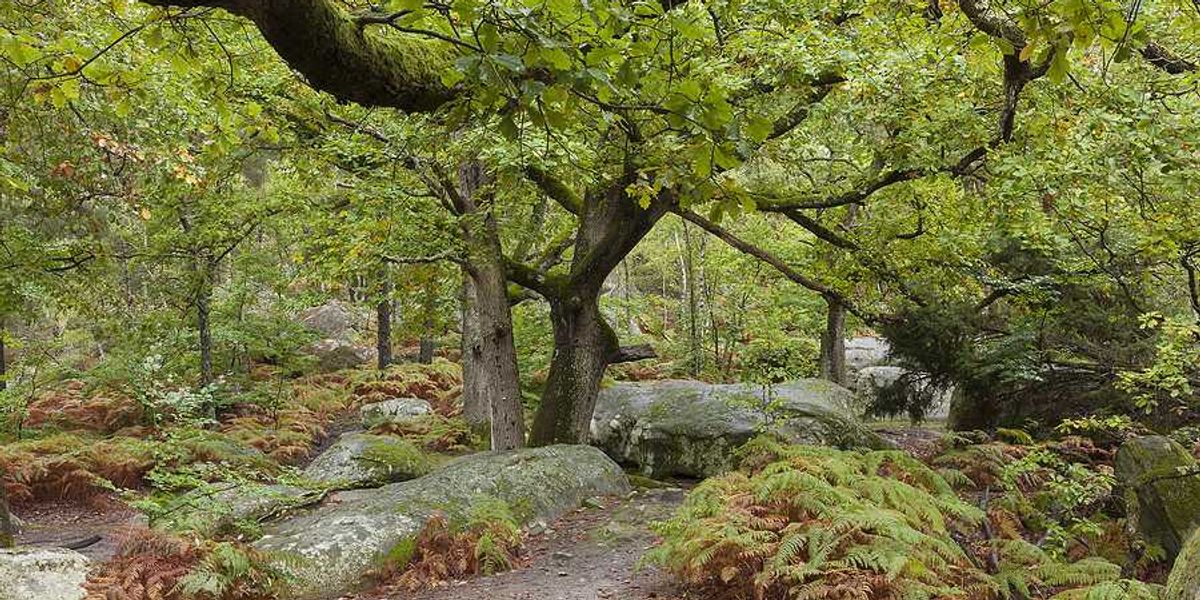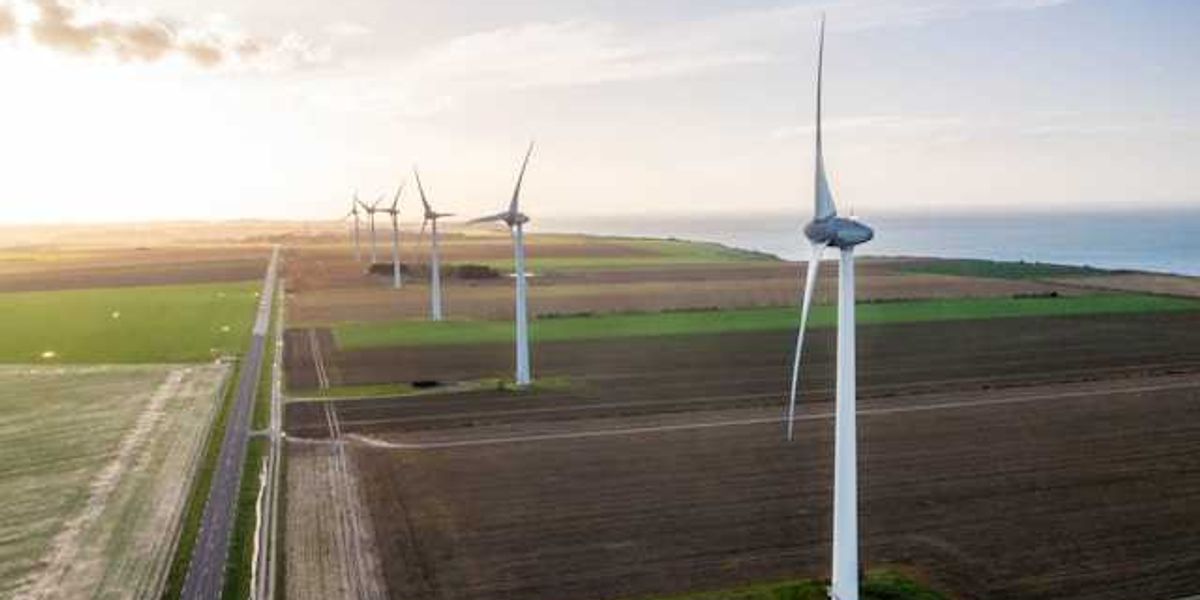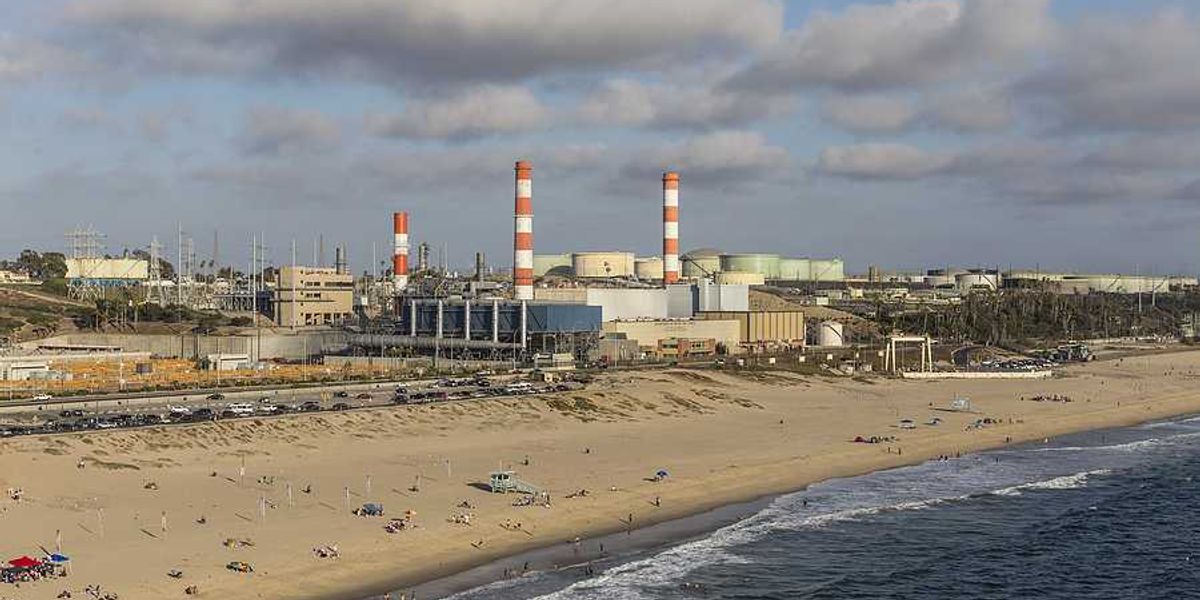
Let's take a deep breath and look at some positive news
Weekend Reader, Sunday March 25
We often hear from readers about the lack of positive news on our pages. Yup. We cover the environment and climate change, and for the most part, the news isn't good. But exceptions to the rule abound.
Here's a parade of upbeat stories from just the past week.
From Science Magazine: Buried in the 2,000+ page omnibus spending bill passed by Congress are some of the biggest increases in funding for scientific research in the past decade. NOAA, USGS, the National Science Foundation, and DOE's Science Office will all see larger budgets.
Another rider buried in the budget bill would prohibit federal funds from being used to build the border wall through the Santa Ana National Wildlife Refuge in Texas. (NBC News)
And the immense $1.3 trillion spending bill initially included 80 anti-environment riders. But cuts to EPA's budget and DOE's Renewables Office were removed from the bill. (Inside Climate News)
Big Oil's lead attorney in a climate lawsuit brought by the cities of San Francisco and Oakland acknowledged in court that human-caused climate change is real. The trial continues. (Associated Press)
And in Oregon, another suit brought on behalf of 21 young people against the U.S. Government for climate inaction has cleared a major hurdle. A federal judge denied a government move to dismiss the suit as too broad.
The New York Times has an optimistic report on China's pollution cleanup efforts
Fortune reports that McDonald's is launching an ambitious plan to cut its greenhouse gas emissions by one-third.
There's a great story about using predators instead of pesticides to protect crops: Cherry orchards in Michigan use kestrels (a small falcon species) to drive off smaller birds who feed on cherries.
Miami TV meteorologist John Morales wrote an eloquent rant in refusing an invitation to moderate a climate "debate" featuring the Heartland Institute. (AGU)
Factcheck.org dissects a recent op-ed by Rep. Lamar Smith, the climate-denying Chair of the House Science Committee. It isn't pretty. Let's hear it for factcheckers.
Octoparole? The Canadian Press reports on the Vancouver Aquarium's release of a giant Pacific octopus into the wild. The female octopus was showing signs of mating behavior, but had no prospects in the Aquarium's tank. Now, it's cruising the Pacific.
As for more good news, please feel free to send us anything you see. Or, like the kids in Washington DC and elsewhere this weekend, feel free to make your own.
Top Weekend News
The New York Times reports on near-record low Arctic ice cover this winter.
Drought and rising temperatures could drastically increase wildfires in the western U.S. (Outside Online)
Former EPA Administrator Gina McCarthy appeared on Real Time with Bill Maher. It's worth six minutes to watch.
From CleanTechnica: New research finds that extreme temperature fluctuations can be linked to a higher rate of heart attacks.
While we were focused on guns, Canada focused on pipelines: Over 100 arrests, including two members of Parliament, took place at a protest of the construction of the Trans Mountain Pipeline.
Opinions and Editorials
The Jacksonville, FL Times-Union editorializes on the U.S. military's preparedness for climate impacts.
The Montana Standard spanks its home-state cabinet member, Interior Secretary Ryan Zinke.
On PRI's Living On Earth, Peter Dykstra and Steve Curwood talk about an oil company scrubbing the word "oil" from its name; using animals to take the place of farm chemicals; and a crucial court case about DDT.
This Week in Trump's Science/Environment Purge
House Oversight Chair Trey Gowdy, best known for his pursuit of Benghazi, is now seeking answers on Interior Secretary Ryan Zinke's $139,000 expenditure on new office doors. Dare I say "Door-Gate?"
As the Senate debated the massive $1.3 trillion spending bill, Idaho Senator Jim Risch briefly stalled the proceedings. A rider to the bill called for re-naming an Idaho Wilderness Preserve after the late Cecil Andrus, former Idaho Governor and Risch's political archrival.
EPA may be preparing to side with automakers in lowering fuel efficiency standards. (Auto News)
At Vox, David Roberts warns of another attempt to bail out dirty power plants.













